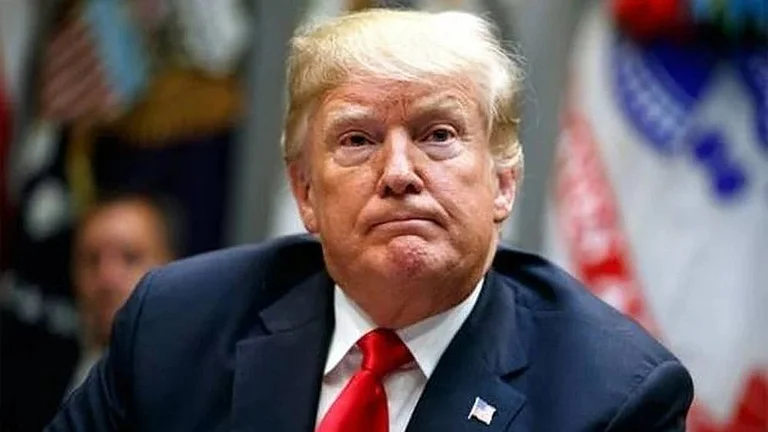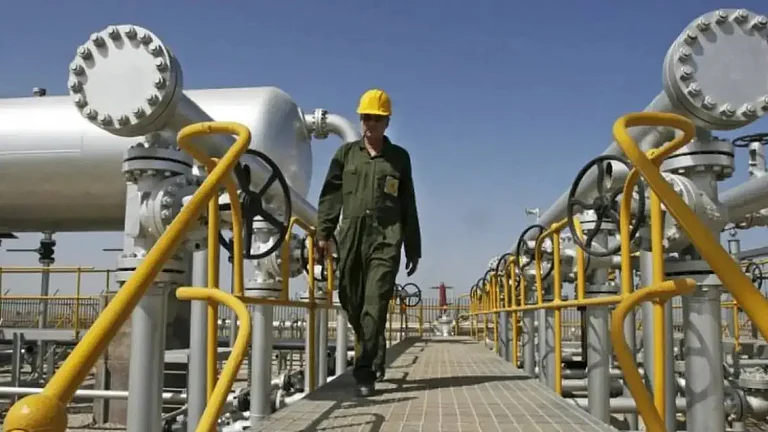OPEC (Organisation of the Petroleum Exporting Countries) has reportedly decided to postpone its planned oil output increase for December. The move comes as sluggish demand, especially from China, and the growing supply of the commodity outside the alliance continues to weigh heavily on the oil market.
The prices of the commodity have remained volatile for the better part of the year now. This is primarily owing to the escalating tensions in West Asia and record production levels from the US.
The OPEC+ alliance, which includes Russia as well, had previously planned to boost output by 180,000 barrels per day in December.
It is worth mentioning that this increase was already postponed from October. However, the mismatch between demand and supply levels seems to have put additional pressure on the decisions of major oil-producing nations.
As per sources cited in a report by Reuters, the alliance is already wary of increasing the supply levels as concerns over weak demand play and not-so-good economic data continue to linger.
On Friday, the prices of the commodity closed just above $73 per barrel. This was partly because of expectations of a further delay in output hike.
More volatility on the play?
In September, oil prices witnessed a sharp downtrend. While many expected a rise in the price levels of the commodity owing to the Iran-Israel conflict, concerns around weak demand play are holding back any significant increases. Plus China, the largest importer of oil, is also cutting back its demand for the commodity as the dragon nation continues to face economic pressure.
The massive rise of EVs (Electric vehicles) also has a lot to do with the muted levels of global oil consumption.
As this year concludes, all the focus will now shift to 2025 as OPEC countries would have to make major decisions to control the fluctuations in oil prices. Reducing production to stabilise prices is likely going to be a top priority for the alliance.
However, what might further dampen the outlook is India's shift to green energy.
As the third-largest oil importer, India is stepping up its plans to cut carbon emissions. This move could slow down oil demand growth, especially as other countries are also expected to take similar steps.
































